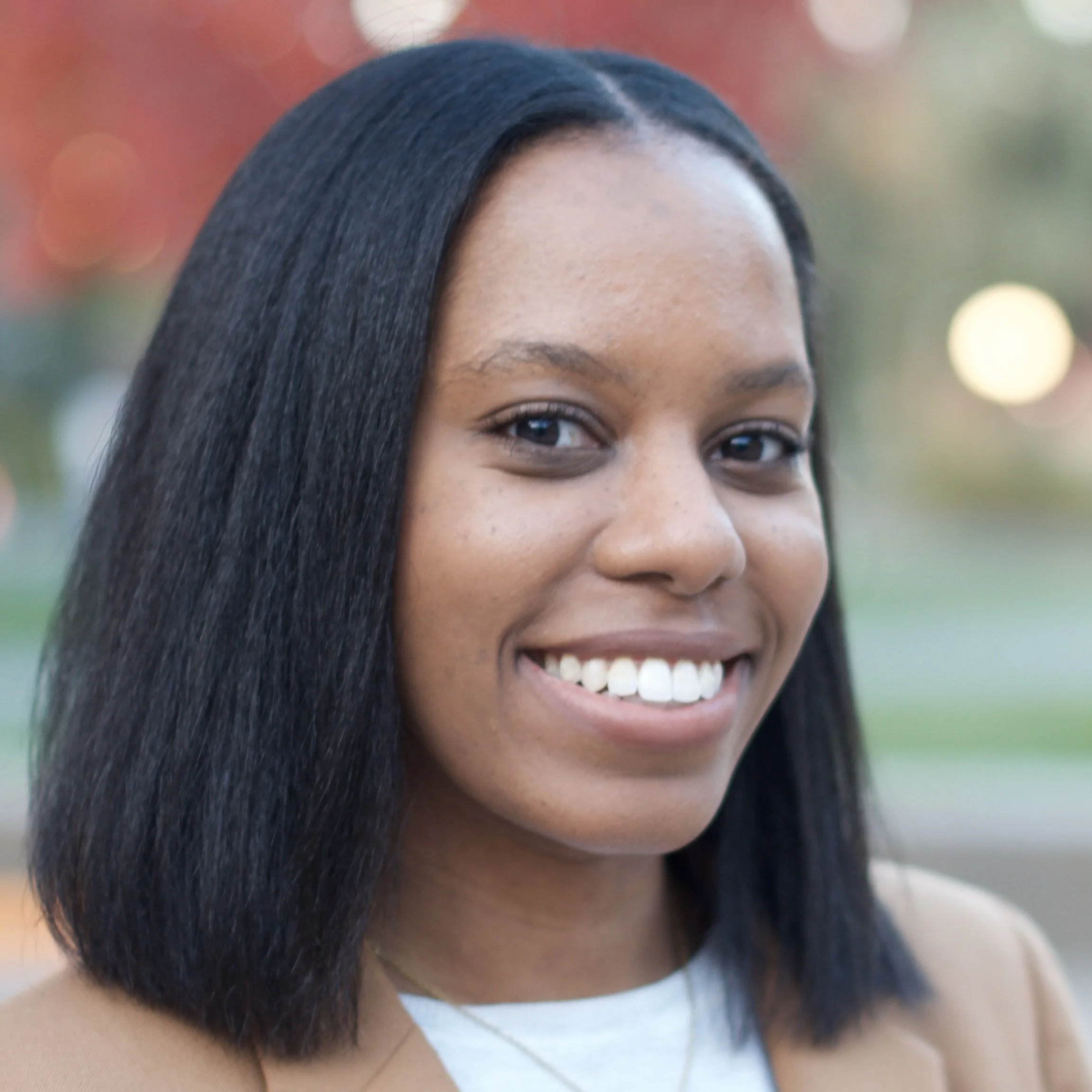Impact Fund joins NAACP LDF Amicus Brief defending standing in ADA discrimination case
Silva Stewart, Impact Fund Summer Law Clerk
The Supreme Court’s upcoming review of Laufer v. Acheson Hotels (1st Cir. 2022) threatens to restrict plaintiffs’ standing to sue for discrimination in public accommodations. The Impact Fund has joined in an amicus brief authored by the NAACP Legal Defense Fund urging the Court to protect standing for civil rights plaintiffs.
Ms. Deborah Laufer is a woman with a disability who uses a wheelchair or a cane to move around. Under the Americans with Disabilities Act (ADA), Ms. Laufer is entitled to reasonable accommodations such as passageways wide enough and properly graded for her wheelchair, surfaces low enough for her to reach them, accessible parking, and a bathroom with grab bars. While reviewing the websites and third-party booking sites for Acheson and other hotels, she observed that Acheson does not provide any information about the availability of accessible rooms. Ms. Laufer brought suit against Acheson and other non-compliant hotels, alleging that their failure to provide accessibility information to prospective occupants violates the ADA and denies herself and other people with disabilities equal opportunity to avail themselves of services Acheson holds out to the public.
Ms Laufer observed that Acheson does not provide any information about the availability of accessible rooms.
However, the merits of the case have yet to be decided because Acheson is challenging Ms. Laufer’s right to bring suit at all. Article III standing requires that plaintiffs experience a “concrete injury” in order to bring a case or controversy before the court. Because Ms. Laufer was a “tester,” meaning she had no intent to do anything beyond testing the website’s ADA compliance, Acheson claims her injury was insufficiently concrete for standing in this case. Siding with the plaintiff, the First Circuit affirmed Ms. Laufer’s standing, finding that she suffered two forms of well-recognized injury: informational injury from the denial of information she was legally entitled to as well as the indignity of discrimination. However, arguments challenging tester standing have swayed other circuits, leading to a circuit split with the question: Can tester status defeat standing in anti-discrimination cases?
Amici urge the Supreme Court to answer with a resounding ‘No’
Here, Acheson is challenging her standing to bring suit for disability discrimination on the grounds that she had no intent to use the service. By centering the plaintiff’s intent, Acheson seeks to blame the victim for “self-inflict[ing]” her discrimination. Amici defend the right of anyone who experiences discrimination to assert their rights in court without submitting themselves to undue dissection of their motives for accessing public accommodations.
First, the brief debunks the novelty of this question. Early civil rights movement plaintiffs similarly had their motivations for wanting access to “whites only” areas of public accommodations questioned and faced standing challenges on those grounds. However, the Supreme Court itself has rightly rejected the idea that a person’s reasons for accessing such places have any bearing on their experience of discrimination. While the particulars of Ms. Laufer’s case differ, the brief argues that “the essential legal principle that supports her standing and theirs is the same: Discrimination causes cognizable dignitary harm.” Ms. Laufer’s reasons for accessing the hotel’s website are no more relevant to her experience of discrimination than Black plaintiffs’ reasons for accessing “whites only” restrooms are to their experiences of discrimination. Amici argue that rejecting standing here would uproot long-settled constitutional law and hinder enforcement of civil rights. “Whether in a website or a waiting room, the dignitary harm of personally experiencing discrimination in a place of public accommodation is sufficient for Article III standing.”
The brief argues that rejecting standing here would uproot long-settled constitutional law and hinder enforcement of civil rights.
Second, amici fervently rebut the appellant’s arguments that Ms. Laufer’s injury is “self-inflicted.” Not only does the appellant’s argument contradict long-settled Supreme Court precedent on testers’ standing, it also undermines fundamental principles of civil rights law by suggesting that courts should deny plaintiffs standing just because they expected their rights to be violated. Testers, just like any other victims of discrimination, have standing from the mere fact that, by definition, they personally experienced discrimination.
Numerous civil rights victories against segregation depended on suits brought by testers and other brave people who knowingly subjected themselves to discrimination in order to stop it from happening to others. Adoption of Acheson’s arguments here would place the onus on people who face discrimination to avoid places where they might experience it, rather than holding discriminators responsible for preventing discrimination and the injuries it causes.
Finally, the brief calls out Acheson’s attempts to argue the merits of Ms. Laufer’s case as a distraction to the straightforward standing inquiry at hand. Standing is a threshold issue that requires plaintiff’s allegations be taken as true. This low bar is cleared by the mere allegation of a concrete injury. Arguments about the merit of Ms. Laufer’s case including whether she experienced the “right type of discrimination” that warrants ADA protection and the degree of emotional harm she suffered are inappropriate to the threshold matter of standing and subject to review in future motions. In summary, Ms. Laufer alleges that she personally experienced discrimination, a harm in itself sufficient for standing, so Ms. Laufer has standing.
Impact Fund is proud to join the NAACP Legal Defense Fund in this brief alongside fellow amici; American Civil Liberties Union Foundation, American Civil Liberties Union Foundation of Maine, National Women’s Law Center, Lawyers’ Committee for Civil Rights Under Law, Lambda Legal Defense and Education Fund, and Howard University School of Law Civil Rights Clinic.



